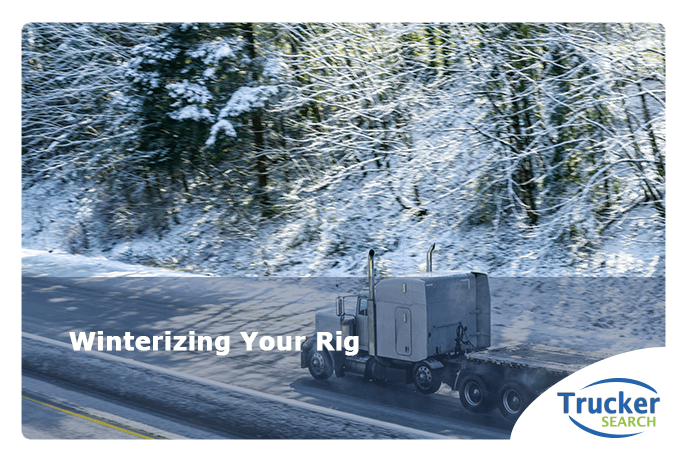Holidays always mean more vehicles and traffic out on the roadways, which makes it harder for those driving big rigs. The increase in traffic is mainly made up of passenger cars, delivery fleets, and vehicles transporting people, such as buses. Along with the holiday season traffic comes winter weather conditions and less daylight hours, which make driving even more stressful. The volume of vehicles on the roads is at its highest from the Wednesday before Thanksgiving through January 1. Keeping all of this is mind, here are some tips for driving during the holiday seasons.
- Be extra patient in winter conditions. If the weather conditions are severe, you should not continue driving. Making sure you get to your stop on time is not worth the risk of rollovers, jackknifes, and collisions. Driving at a slower speed is often unavoidable during these months.
- Allow safe space. Make sure you increase your following distance. Having more than enough space to stop and maneuver is necessary when unexpected traffic situations arise.
- Keep a tight grip on the wheel. It may sound easy, but keeping a tight grip on the wheel is important in order to maintain control. Make sure you always keep both hands on the wheel while driving through snow and ice.
- Maintain a close eye on your fuel tank. There are several benefits to keeping your fuel tank full. One, it adds more weight allowing for better traction. Two, a full tank will reduce condensation in your tanks. A third benefit of a little extra fuel is that it provides an extra margin of safety in the event you become stranded
- Decrease lane changes. Going back and forth between lanes is dangerous. As a driver, you know there are multiple blind spots on a truck. You need to signal early to allow other drivers to know where you are planning to go. Change lanes slowly to reduce any risk of sideswipe accidents due to blind spots.
- Use caution on bridges. Remember bridges freeze faster than roads. Slow down, be patient while crossing, and watch out for black ice.
- Don’t use your jake brake when roads are icy. Since your jake brake only provides braking to your tractor it should not be used when roads are slick. Using foot pedal braking will apply braking to the tractor and trailer
- Maintain headlights. Making sure your headlights are working and in good condition not only makes it safer to drive at night, but it also allows you to see the shiny eyes of animals before it’s too late. Clean the headlights often to prevent the buildup of snow and dirt, which can obstruct your view.
- Watch out for work zones. Just because it’s the holidays doesn’t mean road construction has come to a halt. When approaching a work zone, slow down so workers remain safe and you dodge a hefty fine. If you are caught speeding in a work zone, you could lose your CDL.
Whether you are a seasoned driver who has been in this business for years, or a brand new driver experiencing driving over the road during the winter months for the first time, it is important to stay cautious. There is more traffic, bad weather, and less daylight which can all make driving a little more challenging this time of year. Following these guidelines will help you and others to remain safe and enjoy the holiday season with loved ones.


